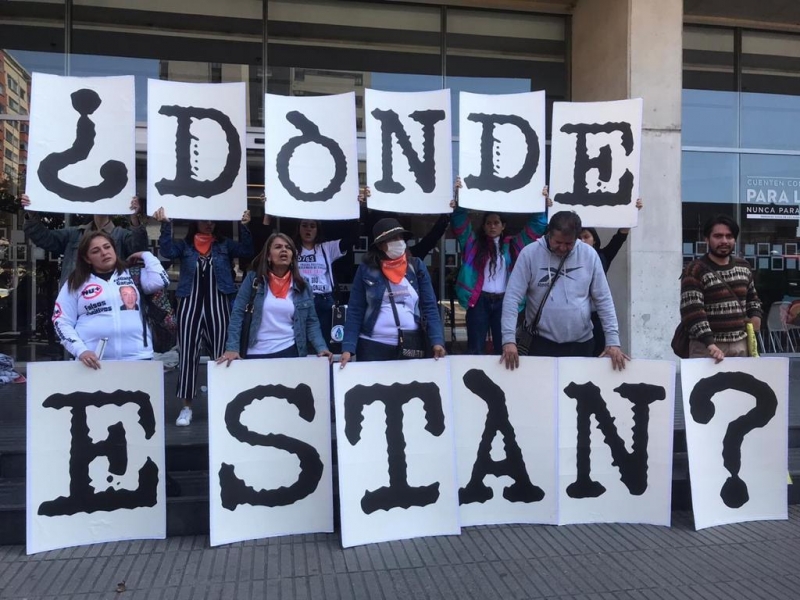Supporting victim groups in Indonesia
Impunity and a lack of accountability remain a huge problem in Indonesia. A culture of silence prevails around the 1965-66 atrocities, where between 500,000 and one million people were killed unlawfully, and hundreds of thousands were imprisoned without trials.
The NHRF has partnered with victims organisations of these past atrocities and related crimes. Solidarity for Human Rights Violation Victims Central Sulawesi (SKP-HAM) works with victim communities of the 1965 violence, advocating for their rights, and facilitating their access to basic services. Supporting this group has been vital in the aftermath of the 2018 Palu earthquake and the ongoing COVID-19 outbreak. The North Sumatra Commission for the Disappeared and Victims of Violence (KontraS) works with countering torture and enforced disappearances in Sumatra. In 2020, they conducted training for more than 100 law enforcement officials on torture prevention, provided legal aid for 50 victims of torture and violence, and established an anti-torture network for journalists in Sumatra.
The NHRF has for the last three years supported the Indonesian Association of the Families of the Disappeared (IKOHI) and their work on locating missing children from the conflict in East-Timor. IKOHI does not only work to identify and reunite children that were forcibly taken by Indonesian occupying forces during the conflict, but they are also a crucial factor in pushing for a national commission for the disappeared to provide redress and justice for these stolen children.
Supporting victims of the armed conflict in Colombia

Corporación Conciudadanía, Antioquia, works closely with the Commission for the Clarification of Truth, Coexistence, and Non-Repetition, which is a part of the Colombian transitional justice system, to document the atrocities committed during the armed conflict and acknowledgement of the victims. So far, they have established agreements with nine mayors’ offices and accompanied the preparation of three reports that will help to better understand what happened during the conflict. Colectivo de Abogados Luis Carlos Perez (CCALCP) aims to strengthen the enforceability of human, political, environmental, justice and peacebuilding rights. Together with victim groups, farmers' associations, and grassroots human rights organisations, they work to guarantee that the human rights abuses of the past will not be repeated. They conduct strategic litigation, advocacy, organisational strengthening, awareness-raising supporting grassroots organisations and collectives, including victims
Trust, truth, and reconciliation in Sri Lanka
Law and Human Rights Center provided vital legal assistance to the families of the disappeared to bridge critical gaps that will help secure the support and reparations they need to move forward in post-conflict reality. This is highly sensitive work that comes with risks, especially to lawyers and other activists that are supporting and defending the rights of these families.
Main photo: Reunited disappeared children with their families in Timor-Leste. Photo: Indonesian Association of the Families of the Disappeared (IKOHI).


